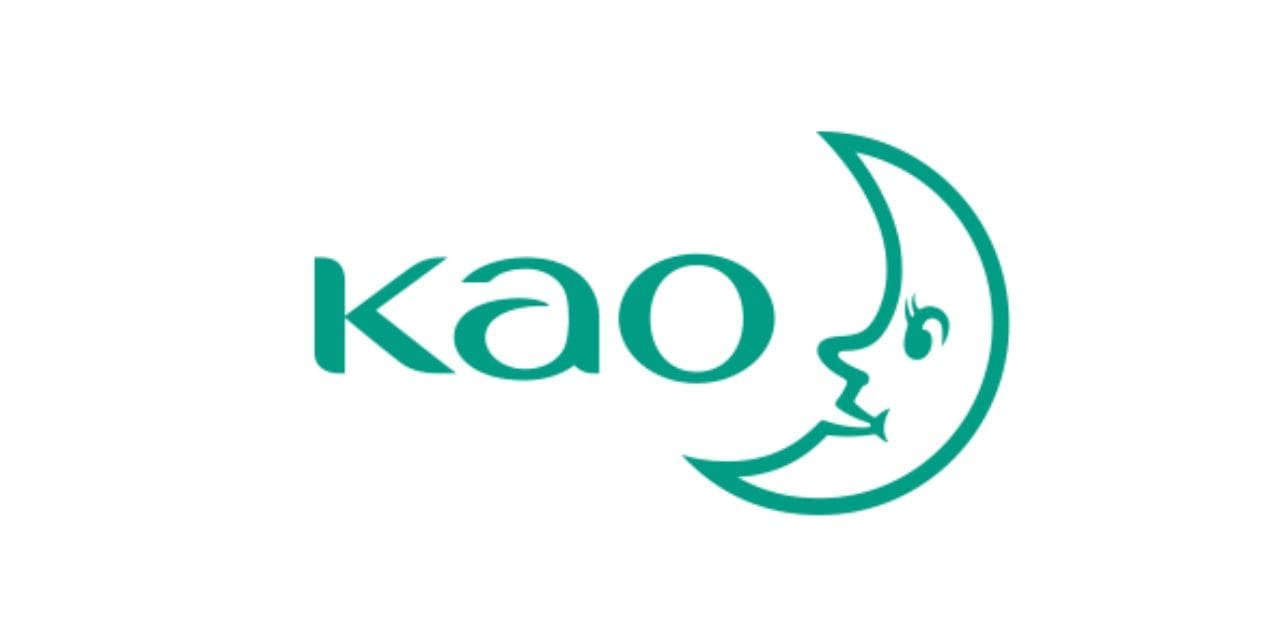Ink manufacturers play a crucial role in textile compliance
CINCINNATI, OHIO – February 2, 2023– Kao Collins Inc., a leading manufacturer of industrial inkjet inks, identified three regulatory trends in 2023 likely to impact food, fashion, and pharmaceutical industries. Meeting compliance requirements offer opportunities for industrial inkjet printing and ink manufacturers.
The food packaging industry and textile industries face stiff regulatory headwinds. As for the pharmaceutical industry, it must continue executing the Drug Supply Chain Security Act passed almost 10 years ago.
Chris Rogers, Vice President, Partnerships & Business Development at Kao Collins, said, “For all three industries, ink plays a crucial role in the supply chain as companies work to comply with the regulatory landscape.”
Trend: Environmental and Social Responsibility in Fashion
The textile industry, long a target of environmental groups, faces regulatory scrutiny in the EU and New York to curb the negative impact of clothing production. Manufacturers of inks for industrial direct-to-garment printing could increase the production of eco-friendly solutions. Water-based pigment textile inks offer greater print performance for printing on various materials.
Also, increased adoption of DTG printing reduces overproduction because inkjet systems make shorter runs more cost-effective. That reduces waste, another target of legislation.
Trend: PFAS in Food Packaging
Legislators across the U.S. are zeroing in on chemicals in food packaging – specifically per- and polyfluoroalkyl substances (PFAS).
California, for example, passed consumer safety legislation regulating PFAS. And other states have drafted laws to ban the so-called “forever” chemicals. Food companies will have no choice but to push manufacturers across their supply chains to meet compliance requirements.
Trend: Pharma Compliance with DSCSA
The pharmaceutical industry faces the remaining push to comply with the Food and Drug Administration’s Drug Supply Chain Security Act.
Ten years in the making, the law, intended to increase consumer safety, requires drug manufacturers to implement tracking of cartons and individual units across the supply chain.
As products change hands, the final stage requires an electronic exchange of unit-level tracking, often using printed 2d codes tied to a far-off database of product information. QR codes printed with high-performance inkjet systems offer a fast, cost-effective alternative to RFID technology.
Industrial inkjet printing plays an essential role in companies meeting compliance requirements for the three industries.
“While regulations create challenges and uncertainty, they also offer the industrial inkjet ink industry another opportunity to demonstrate the technology’s benefits,” Rogers said.

